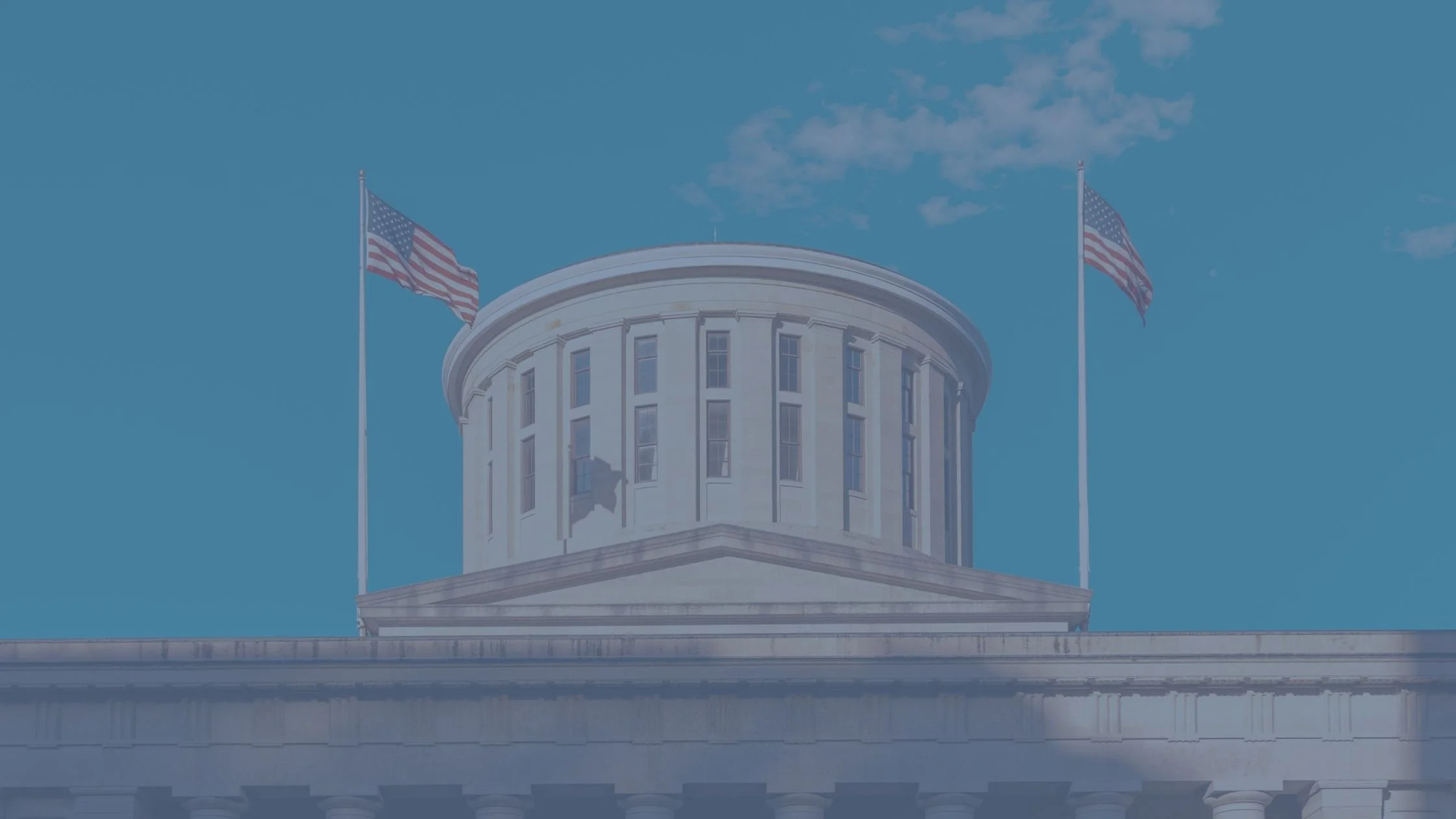At its core, EJ is about equality, mutual respect, and ensuring that no one group bears the cost of development. But despite its bearing on public policy, EJ’s principal proponents have not been judges or legislators.
A 51-year-old (Almost) Trendsetter: The Pennsylvania Environmental Rights Amendment
Why Civic Engagement is Essential to the Continued Evolution of the Environmental Movement
In April of 2020, due to COVID-19 lockdowns, many Sunshine Laws were indefinitely suspended throughout the country. Courtrooms began to hold virtual hearings and trials over telecommunication platforms like Zoom, Skype, and Teams. The Ohio Office of Attorney General announced, “… with the COVID-19 pandemic persisting, the General Assembly passed House Bill 197 and then H.B. 404, giving public bodies the ability to meet virtually instead of in person, as required by Ohio’s Open Meetings Act (R.C. 121.22).” Public bodies were no longer required to hold in-person meetings, hearings, and trials; rather, many public meetings and hearings became virtual. While numerous states have reinstated their Open Meeting/Sunshine Laws, others have continued to utilize telecommunications and hold most of their meetings, trials, and hearings virtually.
SCOTUS' Decision in West Virginia vs. EPA Weakens Federal Climate Efforts
On June 30th, the Supreme Court weakened the Environmental Protection Agency’s (EPA) ability to protect the environment. In West Virginia v. EPA, a 6-3 decision authored by Chief Justice Roberts and joined by the other conservative justices, the Court ruled the EPA overreached in its efforts to curb air pollution. This decision forebodes more significant limitations on the EPA and other government agencies’ efforts to effectuate change. The ruling also makes clear what many environmental advocates already knew: the federal government, as currently designed, will not be the leader in the fight against climate change. Grassroots movements, community-oriented advocacy, and mass mobilization are essential in the effort to protect the planet, now more than ever.
Ohio Dedicates Funding to Appalachia Revitalization
Last week Ohio Governor Mike DeWine signed House Bill 377 into law establishing the Appalachian Community Grant Program to the tune of $500 million. The program provides the historically economically disadvantaged region with much needed funding dedicated to sustainable, transformational projects. The program aims to rejuvenate the region and stimulate economic growth through improvements in infrastructure, workforce development, and healthcare across its 32 counties.

















